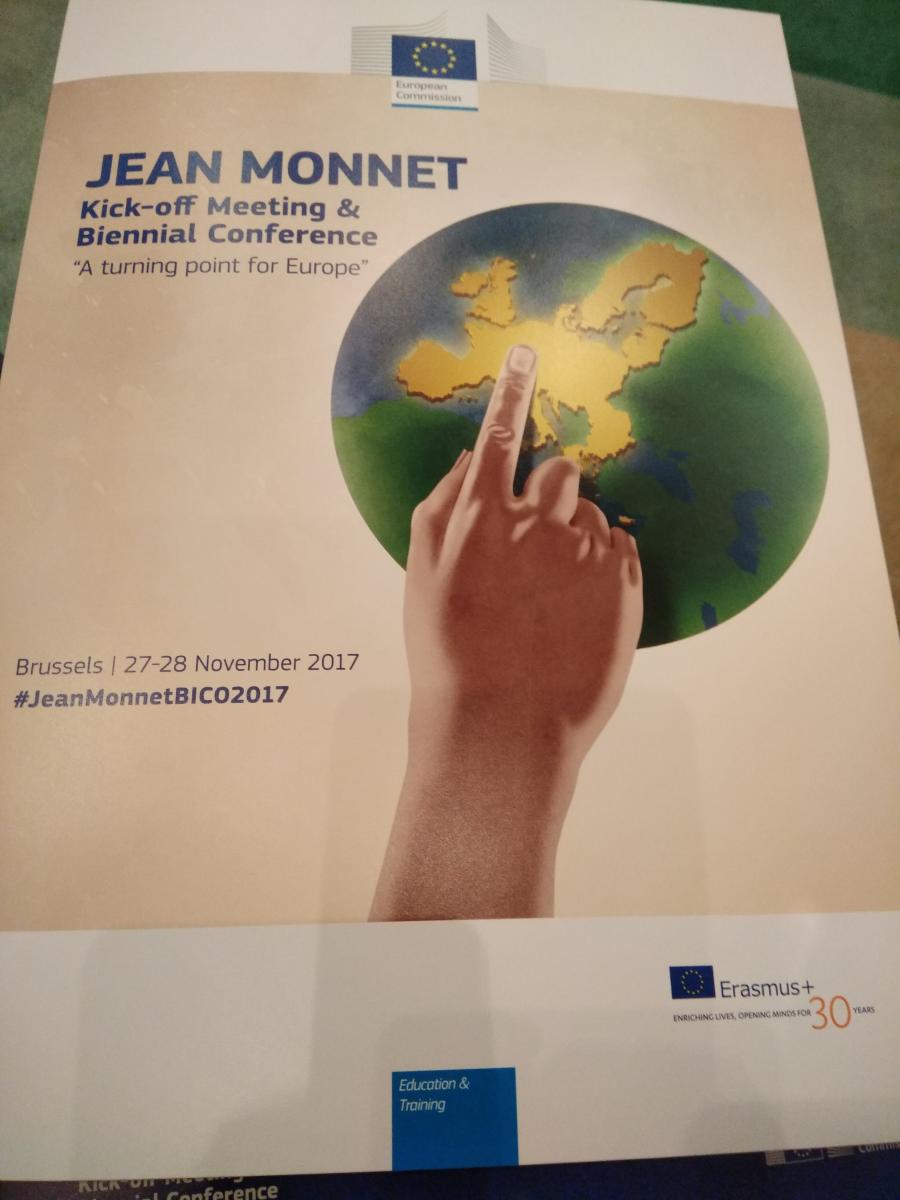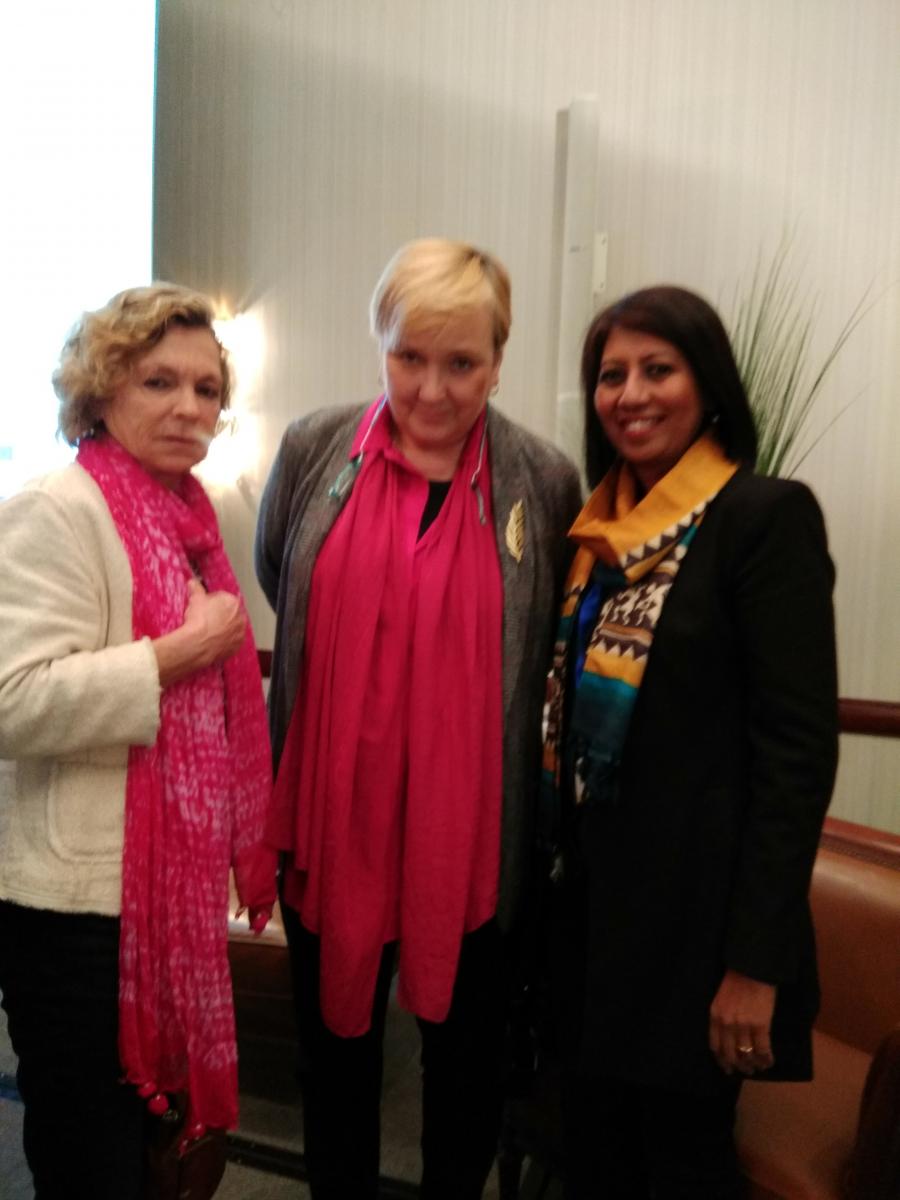

- 2017 Biennial Jean Monnet Conference and kick-off meeting for new beneficiaries, 27-28 November 2017, Brussels, Belgium.
The Jean Monnet biennial Conference (BiCo) took place on 27 - 28 November 2017, back to back with a kick-off meeting for new beneficiaries of Jean Monnet Activities (co-organised with the Education, Culture and Audiovisual Executive Agency).
The 2017 year's edition of the Jean Monnet conference was devoted to the current major political turning point in EU history and its consequences for the future of European integration. This theme has been very high on the agenda of political and academic debates recently and has gained even more relevance in the light of the Commission's White Paper, the speech on the state of the union by president Juncker and also major political developments in EU member states in the course of 2017. This year's conference objective was to allow debate on important EU-policy issues but also to disseminate information on more technical issues for the new grant holders.
The 2017 edition of the Jean Monnet conference gathered nearly 40 renowned speakers and moderators and 350 participants. Prof. Dr. Ummu Salma Bava, Jean Monnet Chair from the Jawaharlal Nehru University, New Delhi, India participated in the conference.
- International Workshop on Prevent, Protect, Participate! Women’s Roles in Peace and Security. November 30 – December 1, 2017, Institute of Political Science and Sociology University of Würzburg, Germany.
Prof. Dr. Gisela Müller-Brandeck-Bocquet, Jean Monnet Chair from the University of Würzburg, Germany and Prof. Dr. Ummu Salma Bava, Jean Monnet Chair from the Jawaharlal Nehru University, New Delhi, India togetherorganised a two day workshop on the UN-Resolution 1325 on Women, Peace and Security.
[/tab] [/tabs]Jean Monnet Chair – The European Union, Security, Peace and Conflict Resolution (JM CHAIR - EU-SPCR)